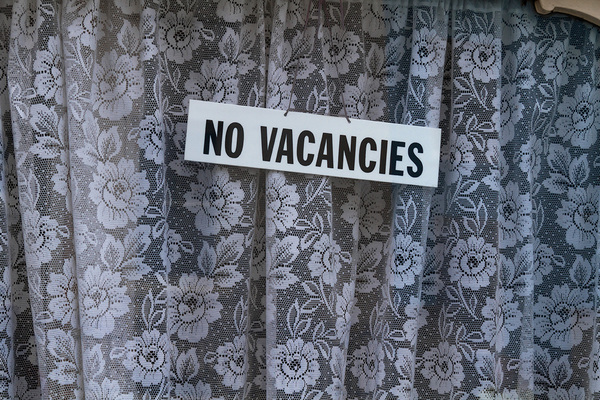You are viewing 1 of your 1 free articles
Company owned by London councils announces plans to lease 4,000 homes from investors
A company set up by a number of London councils to tackle the homelessness crisis and reduce the amount of money the local authority members spend on temporary accommodation is planning to lease homes from private investors.
Capital Letters, owned by 21 member councils, has revealed it is in advanced negotiations with investors which are set to inject £1.5bn investment into 4,000 new homes for low-income families in London over four years.
The scheme will for the first time see the organisation become a landlord of the newly built properties, which is a major change from its current approach. Capital Letters will still continue to operate its current model as normal alongside the new approach.
Set up in 2019 and government funded, Capital Letters’ current model involves finding private landlords which have homes that can be let at Local Housing Allowance (LHA) rates and to partner them with local authorities.
A council finds someone on its housing waiting list suitable for the property, who then becomes a private tenant of the landlord, discharging the local authority of its duty.
Councils save an estimated £4,000 for every family moved out of temporary accommodation over two years.
The new investment model will see the organisation lease and become the landlord for homes – likely to be mostly new builds – delivered by the private investors.
Capital Letters will let more than half the properties at LHA rates to low-income families on the councils’ waiting lists, with the remainder split between market and sub-market rent for key workers such as nurses and teachers.
Its tenancy sustainment service, which offers short-term support for maintaining tenancies, would be offered for all properties let through councils.
Real estate asset manager QSix is one of the investors working with Capital Letters to develop new public/private investment models.
The partnership aims to start procurement of London properties in 2022.
Sue Coulson, chief executive of Capital Letters, said that demand for rented homes in London is growing strongly again and pushing up rents, “which is bad news for families in temporary accommodation or at risk of being made homeless”.
She added: “That’s why Capital Letters has been developing a separate landlord business to increase the supply of good-quality rented properties available to low-income families that London councils have a duty to house.
“By combining their future demand through Capital Letters, our member councils have created a single, simplified investment vehicle that will help to tackle the homelessness crisis head on.
“Our investors can be confident about steady demand, while councils will be able to access a predictable supply of properties at an affordable rent.”
Ben Stirling, co-head of affordable housing at QSix, said: “There are currently over 60,000 households in temporary accommodation across London and we are proud to be working in partnership with Capital Letters to deliver innovative solutions to provide long-term secure homes to low-income families, as well as reducing pressure on local authority budgets.”
Sign up for our Council Focus newsletter
Already have an account? Click here to manage your newsletters













